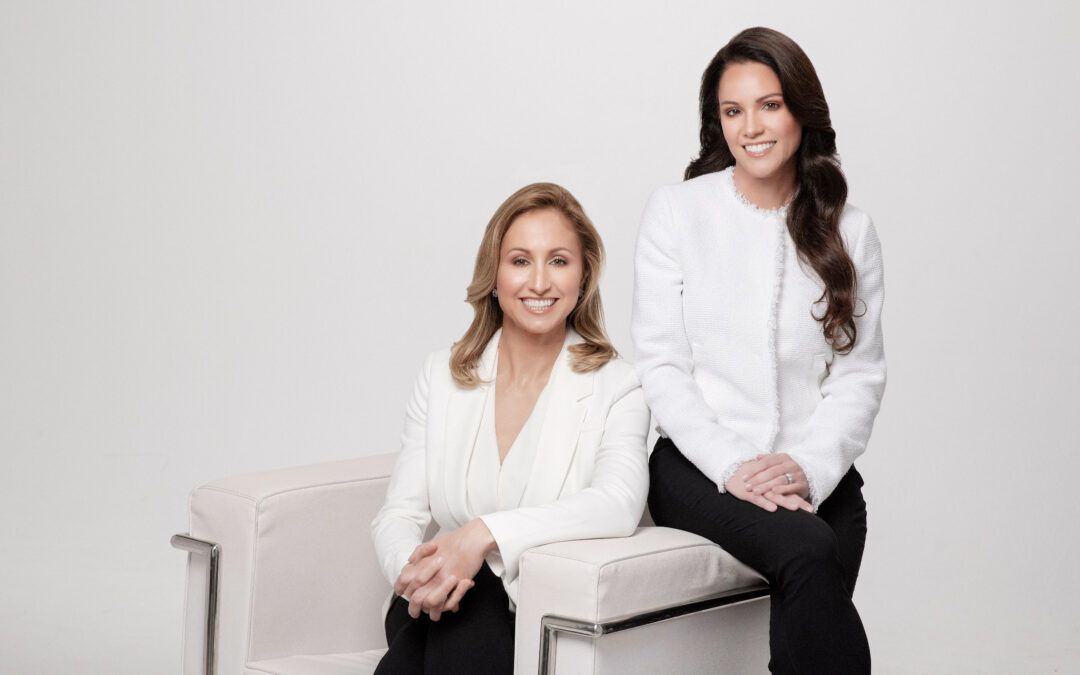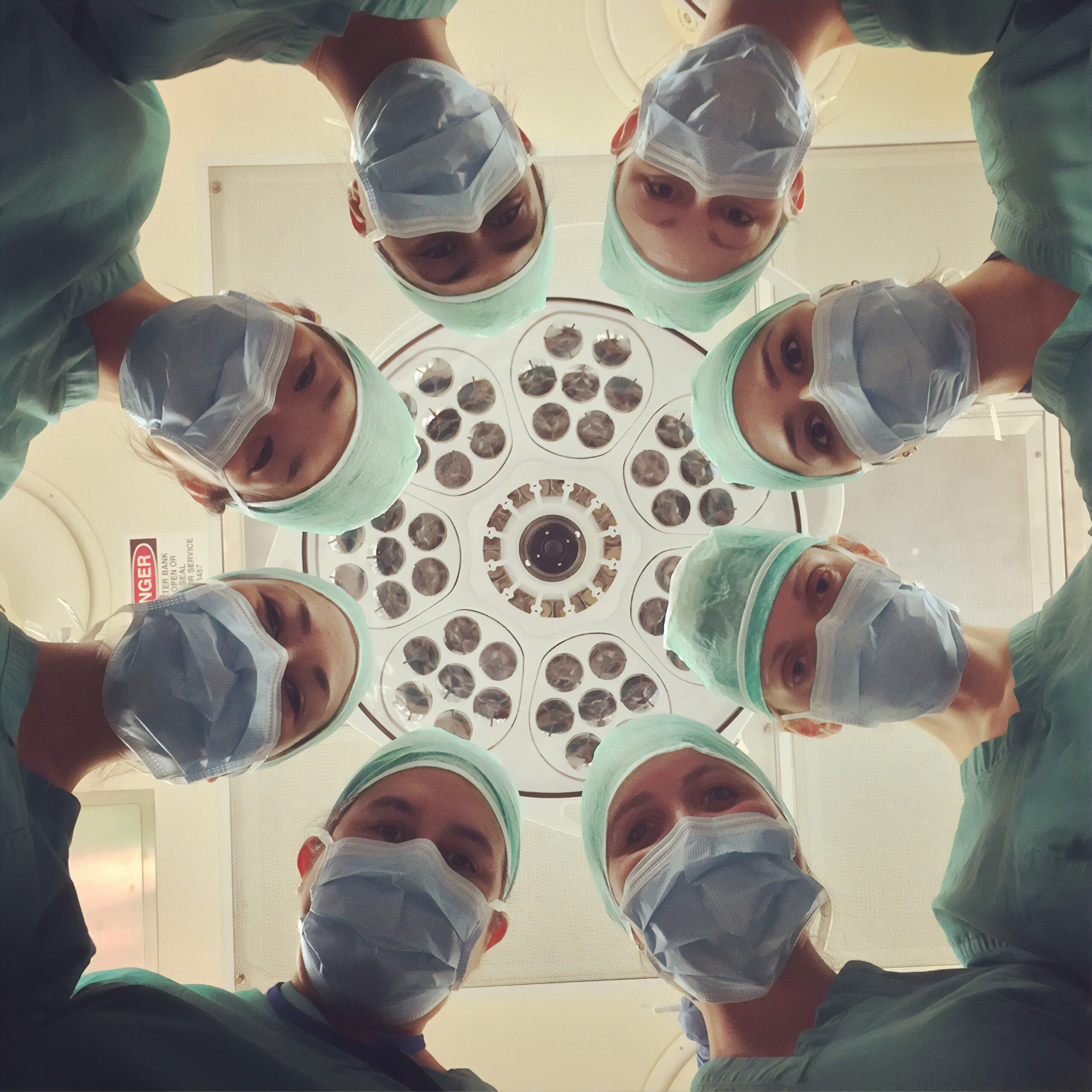
by koredesign | Jul 29, 2023 | The Blog
Understanding the Difference: Board-Certified Plastic Surgeon vs. Cosmetic Surgeon
When considering a surgical procedure to enhance one’s appearance, it is crucial to understand the distinction between a board-certified plastic surgeon and a cosmetic surgeon. While the terms may seem interchangeable, the qualifications, training, and expertise of these professionals differ significantly. In this blog post, we will delve into the essential differences between a board-certified plastic surgeon and a cosmetic surgeon, shedding light on why it is imperative to choose the right specialist for your desired procedure.
Board-Certified Plastic Surgeon
A board-certified plastic surgeon is a medical doctor who has completed extensive training and obtained certification from the American Board of Plastic Surgery (ABPS) or an equivalent board recognized by the American Board of Medical Specialties (ABMS). These individuals have undergone rigorous education, residencies, and fellowships to specialize in the field of plastic surgery.
Core Training and Expertise
Board-certified plastic surgeons have completed a comprehensive, structured, and accredited residency training program in plastic surgery, typically lasting five to seven years. This training encompasses a broad range of surgical procedures, including reconstructive surgery, hand surgery, craniofacial surgery, microsurgery, and cosmetic surgery. Their education focuses on anatomy, physiology, wound healing, aesthetic principles, and patient safety.
Certification Process
After completing their training, plastic surgeons must pass a series of written and oral examinations conducted by the ABPS. These exams evaluate their knowledge, surgical skills, and ethical standards. By obtaining certification, they demonstrate their commitment to meeting the highest standards in the field of plastic surgery.
Scope of Practice
Board-certified plastic surgeons are equipped to perform a wide range of surgical procedures, both reconstructive and cosmetic in nature. They are trained to address congenital anomalies, injuries, burns, and conditions requiring reconstructive surgery. Moreover, they excel in cosmetic procedures like breast augmentation, rhinoplasty, facelifts, tummy tucks, and liposuction. Plastic surgeons are skilled in providing comprehensive care, including pre-operative evaluation, surgical intervention, and post-operative management.
Cosmetic Surgeon
A cosmetic surgeon, on the other hand, may have a background in various medical specialties, such as dermatology, gynecology, or general surgery. However, unlike board-certified plastic surgeons, cosmetic surgeons do not necessarily possess formal training or certification specifically in plastic surgery.
Diverse Backgrounds
Cosmetic surgeons may have pursued additional training in cosmetic procedures through short courses or fellowships. While some acquire adequate experience and skills, others may have limited exposure to the complexities of plastic surgery. Consequently, their expertise can vary significantly, making it essential to research their qualifications thoroughly.
Scope of Practice
Cosmetic surgeons focus primarily on elective aesthetic procedures, such as Botox injections, dermal fillers, laser treatments, and minor cosmetic surgeries. Their emphasis is on enhancing appearance rather than addressing functional or reconstructive concerns.
The Importance of Choosing the Right Surgeon
When contemplating a surgical procedure, it is crucial to prioritize safety, efficacy, and optimal results. Selecting a board-certified plastic surgeon offers several advantages. Their extensive training, certification, and expertise ensure a deep understanding of both the aesthetic and functional aspects of surgery. They possess the necessary knowledge to evaluate the patient comprehensively, consider individual anatomy, and develop customized treatment plans.
Moreover, board-certified plastic surgeons operate in accredited facilities, adhere to…

by koredesign | Jun 15, 2023 | The Blog
During the initial consultation we always strive to provide patients with as much information as possible to help them make the best possible decision for their desired outcome. We love when patients come in ready with questions. Whether you choose our practice, or another for your initial consultation, knowing the right questions to ask will help ensure you leave the appointment feeling confident about your options.
What are good questions to ask a surgeon? We’ve compiled a quick list to guide you during the initial consultation. Here we go!
- Am I a good candidate for this procedure and why?
- Could I see some before and after photos?
- Are you board-certified?
- How long can I expect recovery to take?
- Is your surgical center accredited?
- What are my options regarding anesthesia?
- What are the risks / complications for this procedure?
- Is this the best treatment option for me, or would I be a better candidate for something different?
Many of these questions may be answered immediately by your provider. But if not, the above is a great place to start. Don’t be afraid to voice your questions or concerns. As providers we’re here to listen and provide clarity. You should leave an appointment feeling confident and knowledgeable about the procedure you’re considering, your options and the provider.

by koredesign | Jun 15, 2023 | The Blog
Surgeons are like snowflakes. No two are alike. So how do you go about choosing?
If you’re like most patients, you initiate a search online but what can you really learn from a website? So much! Here’s a guide to help you know what to look for when searching.
First and foremost, look for board-certifications.
Board-certified providers are a must. It not only speaks to the quality of the physician but their commitment to excellence. (We are proudly board-certified in plastics and aesthetics). Board-certified plastic surgeons are extensively trained in both facial and body procedures. They’re educated and well equipped to manage emergencies and are skilled in their specialties.
If a physician is double-board certified, it means that they’ve completed not one but two extensive and all-encompassing exams. Each certification provides additional training and study. This process requires time and dedication. When choosing a surgeon, you’ll want to seek out someone dedicated to their craft so being double board-certified is a plus.
Next look for patient reviews. You’ll learn the most about a provider by reading patient reviews. From personality strengths to their quality of work. Prior patients will commonly boast similar experiences and often give specific details.
After perusing the reviews, head on over to the gallery. Here you’ll find before and after photos showcasing a physician’s abilities and strengths. If you like what you see, you’re on the right track!
Typically, after viewing the before and after gallery, patients want to learn more about their desired procedure. Look for a site that offers descriptions that are informative and helpful. Pages of information per procedure isn’t always necessary and shouldn’t require you to obtain a medical degree to understand the material. Concise, educated content that helps you best understand the how and why is perfect! We hope the above tips help you as you navigate the open web for the physician that’s right for you and of course, if we are on the list, we’d be honored to meet you to see if we can be a part of your journey.

by koredesign | Dec 13, 2021 | Blog
A hormonal imbalance, usually related to estrogen or testosterone levels, is often to blame for gynecomastia, although there can be other causes as well. While this condition may resolve on its own, there are also cases where it doesn’t. As such, patients who are self-conscious of their enlarged breast tissue may choose to seek out treatment. Our team at Female Plastic Surgery Associates of Tennessee in Franklin, TN, is here with some helpful information on this condition.
What Is Gynecomastia and How Common Is It?
This Condition Causes Enlarged Breast Tissue in Males
Gynecomastia is very common, in fact, it’s the most common breast disorder to affect males. Upwards of 50% of the male population could be affected by this condition at some point in their lives. It’s most commonly seen in newborns, during puberty, or later on in life. Any stage of life that can bring about hormonal changes may contribute to the development of this condition.
This condition causes male breast tissue to enlarge. Its effects may be barely noticeable in some or very pronounced. How it presents can depend on a host of individual factors. Males with low-grade symptoms may only notice a small bulge under their nipple, while patients with a higher grade presentation may notice more growth and swelling of their breast tissues.
At Birth
It’s very common for male newborns to have breast buds when they’re born. This enlarged breast tissue is thought to be caused by estrogen levels he’s exposed to in the womb. This is nothing to worry about, and will usually dissipate in a few short weeks.
At Puberty
Throughout puberty, it can take between six months and two years for hormone levels to even out. The body goes through some drastic changes during puberty, and the hormone fluctuations during this time can contribute to breast tissue development. When puberty is complete, this condition may resolve itself.
In Adulthood
Men with higher levels of body fat or lower levels of testosterone are more likely to develop this condition in adulthood. Men over 50 may develop it due to an age-related decrease in testosterone. Higher levels of body fat is associated with estrogen production, which can exaggerate the development of breast tissue as well.
It Can Be Unilateral or Bilateral
Bilateral growth stands for when this condition affects both breasts, but it can also present as unilateral, meaning it only affects one side. You may also hear this referred to as an asymmetrical presentation. This condition is still usually benign, and the diagnosis and treatment process isn’t any different than the bilateral form.
However, the unilateral form can be more difficult for patients to deal with, as many patients dislike the uneven appearance and may find it harder to cover up. Men with unilateral gynecomastia may find it developing on their left side more often than their right, though the reason this happens is unknown. Some tenderness may be present, although this symptom is often short-lived. Medication that contributes to tissue inflammation may make the area tender as well.
The Role of Infection
Sometimes an acute infection could contribute to the unilateral form of this condition. If that’s the case, symptoms such as pain, redness, and swelling are very likely. The patient would also usually have chills or a fever. If you have any of these symptoms, seek out medical care immediately.
The treatment, in this case, would involve antibiotics and possibly draining the infected area. Thankfully, this kind of infection isn’t common.
Ruling Out Cancer
It can be easy for patients to forget that men can develop breast cancer too. It’s very rare in men, but it’s still possible. Most cases of gynecomastia are benign, but the unilateral presentation, in some rare cases, could be a symptom of breast cancer.
Breast cancer is also more common in men over 60. Genetic factors, including a family history of breast cancer, may increase the risk factor. Obesity and hormonal imbalances are also associated with the development of male breast cancer.
How Breast Cancer Differs
Male breast cancer usually presents itself as a firm mass, possibly stuck to the surrounding tissue. It may have been present for a while. It’s usually non-tender. This mass could be accompanied by other symptoms such as:
- Changes to the overlying skin
- Drainage from the affected nipple
- Enlarged lymph nodes in the nearby armpit
- Skin ulceration
If you have any concerns about breast cancer, it’s a good idea to get that checked into, just to be safe. If breast cancer is ruled out, you’ll be able to move on and look into aesthetic treatments for uneven breast tissue. Again, this is a rare cause. If the only symptom you have is enlarged breast tissue without any of the other common signs of cancer, chances are your condition is benign.
What Unilateral Treatment Involves
A perfectly symmetrical chest is pretty rare. That said, a pronounced difference in the sides of the chest will affect the chest’s symmetry and balance. This is what makes the unilateral form of this condition much harder to hide. In women, different breast sizes can be managed by wearing bras that are tailored to their needs. However, wearing a bra may make a male with this condition feel even more self-conscious than before.
Relying on compression garments or duct tape to try to cover it up is not a good long-term solution, and trying to hide it with a slumped posture can be bad for your back. As such, breast reduction surgery can help a patient regain confidence, comfort, and freedom from this condition.
One or Both Sides Can Be Treated
The goal of this surgery is to give the patient symmetrical results. Even if the condition is only affecting one side, both sides of the chest can be treated to ensure that both sides match as closely as possible.
Before surgery, we can go over your needs and settle on an approach that works for you and the presentation of your condition.
Frequently Asked Questions
1. How Is This Condition Diagnosed?
Visual inspection is usually enough for a diagnosis unless breast cancer is suspected. If breast cancer is suspected, a mammography or biopsy could be used as diagnostic tools. Most patients, however, won’t have to go through breast cancer tests. The benign form of this condition is much more common, especially if there are no other signs of cancer.
A doctor with enough experience with this condition should, in most cases, be able to give you an accurate diagnosis after a quick examination.
2. Does It Need To Be Treated?
If you have this condition and it doesn’t bother you, there’s no reason to seek out treatment. However, some men find this condition affects their confidence or may contribute to body dysmorphia.
Therefore, while it doesn’t interfere with a patient’s physical health, the effects it can have on emotional and mental wellbeing can be severe. If you find your mental health suffering due to this condition, treatment may help you regain confidence and comfort in your body.
3. Are There Any Other Conditions That Can Contribute to Gynecomastia?
Other conditions that could contribute to the development of excess breast tissue may include:
- Alcoholism
- Kidney disease
- Liver disease
- Thyroid disease
- Kidney failure
- Klinefelter syndrome
- Adrenal tumors
4. Can Medication Cause It?
Certain medications may play a contributing role. If you’re concerned this could be the case for you, reach out for professional advice. If it’s deemed safe to stop or switch medication, that’s one way to see if the symptoms can be resolved without surgery.
We don’t recommend suddenly stopping medication on your own. Always consult with a doctor beforehand. Your lasting safety and welfare is too important to take risks with.
5. Can It Be Prevented?
While you can’t control all the hormonal factors that can contribute to this condition, there may be some steps you can take at home that could decrease your risk.
Maintaining a healthy weight is one of them. If you suffer from a substance use disorder, seeking treatment for it may also help prevent this condition. Abuse of alcohol and opioids, for instance, may contribute to this condition.
Our Team Is Ready To Help
Our team offers breast asymmetry and reduction services. Our goal is to provide empathetic care paired with meticulous results. We offer natural-looking improvements to a wide range of cosmetic concerns, and we pride ourselves in our ability to stay on the cutting edge of the latest and most effective surgical techniques. Reach out to our team at Female Plastic Surgery Associates of Tennessee in Franklin, TN, today to set up a consultation.





Recent Comments